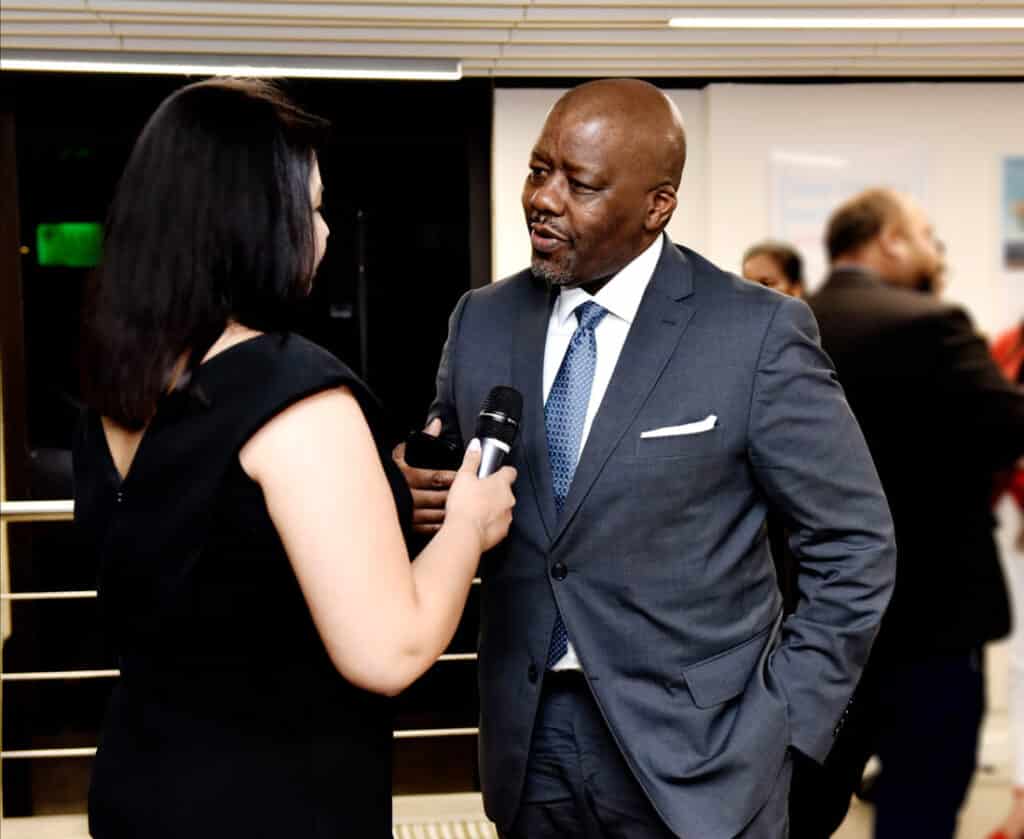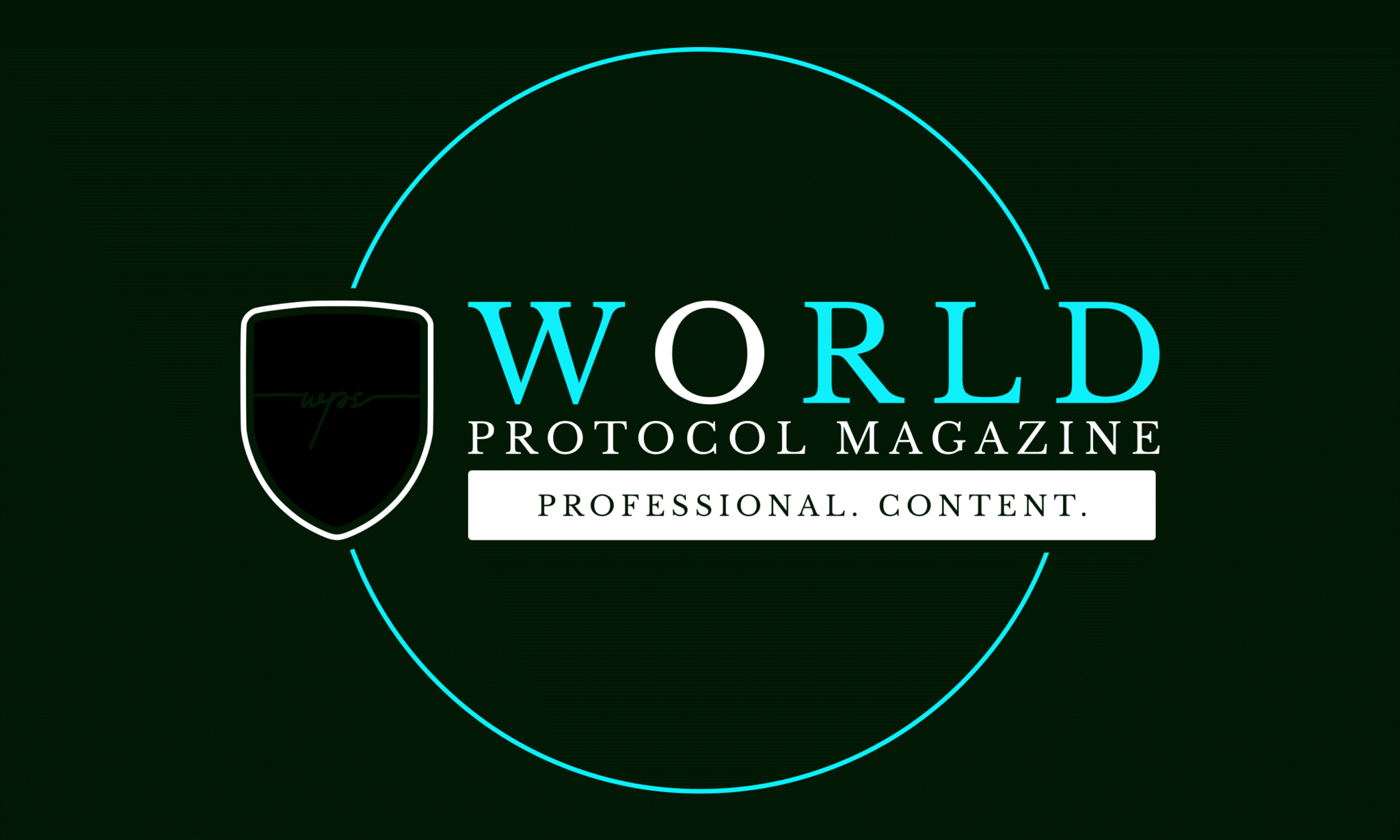 As the World Protocol Magazine Editorial Board, we take enormous pride in keeping this platform open to all experts from the numerous fields of business and protocol: Fadya Nazirkhan, from Mauritius is the next of many who have taken the opportunity of working together with WPM. Ms. Nazirkhan is a Communications and PR multilingual professional with a solid experience in journalism and corporate communications based in Mauritius. She has worked closely with VIPs, having been an Advisor on Information Matters to a Minister, and has also been commended for successfully delivering on the rebranding exercise of Barclays Bank Mauritius Limited to Absa Mauritius as part of the massive international rebranding of the Absa Group. In her first article published by WPM, she explains the practises in corporate diplomacy when entering new markets.
As the World Protocol Magazine Editorial Board, we take enormous pride in keeping this platform open to all experts from the numerous fields of business and protocol: Fadya Nazirkhan, from Mauritius is the next of many who have taken the opportunity of working together with WPM. Ms. Nazirkhan is a Communications and PR multilingual professional with a solid experience in journalism and corporate communications based in Mauritius. She has worked closely with VIPs, having been an Advisor on Information Matters to a Minister, and has also been commended for successfully delivering on the rebranding exercise of Barclays Bank Mauritius Limited to Absa Mauritius as part of the massive international rebranding of the Absa Group. In her first article published by WPM, she explains the practises in corporate diplomacy when entering new markets.

The rules of diplomacy are no longer centred around international affairs. Diplomacy is becoming increasingly decisive in modern-day corporate environments, all the more that the geopolitical map is being reshaped and the global economy is facing unusual challenges. As certain emerging markets such as Ghana, Tanzania, Ivory Coast, Botswana, Saudi Arabia, and Brazil are showcasing strong performance, investors, traders and businesses are sensing growth opportunities. Nonetheless, given the volatility of emerging markets, business leaders need to leverage their corporate diplomatic skills to negotiate and close deals quickly, ensure client satisfaction, and keep relations with governments, partners and other stakeholders intact for a long time.
Great business leaders put much effort into cultivating relationships within and outside their organisation, trusting that these connections will pay off when the time comes to get things done. Most of the time, this is what actually happens. As a matter of fact, business leaders are not so different from statesmen and politicians. They simply evolve in a different arena, taking part in creating, enforcing, and changing the rules of the game that govern the conduct of business. They are aware of what extent stakeholders can help or break their business or their professional image. As such, it is crucial for them to engage proactively with key stakeholders to win their hearts and minds and create real and lasting business value and develop solutions that will lead to a sustainable win-win situation for all parties involved. It is, however, more challenging in foreign, unknown land.

Currently, the business arena is experiencing major shifts with an increasing number of investors, businesses and firms expanding their reach abroad. The unstable global economy is pushing them to look for growth and revenue opportunities in emerging and foreign markets where they are now called to interact with more stakeholders who, on their side, vary in their economic philosophies and business ideologies, have different histories, languages, and cultural backgrounds. The ability to deliver on the growth opportunities in these markets undeniably rests on the skill to successfully connect and interact with these stakeholders. The role of corporate diplomacy becomes twofold: first, to enhance the business’ general ability to operate internationally, and secondly, to ensure its success in the particular country with which it is engaging. The general international reputation of a business can obviously be affected by its success or failure in any given country, and likewise, its ability to effectively enter newly attractive markets or gracefully exit from unappealing ones depends on its strategic approach and tact.
This is where the interconnected nature of diplomacy, communications, government affairs, and risk management operate in symbiosis for a strategic approach to stakeholder and business relations. Implementing a corporate diplomatic strategy requires fusing an analytic approach with a traditional one steeped in the understanding of human behaviour and the cultivation of personal relationships. While it is critical for the analytical, data-driven mind to identify stakeholders of interest, the issues and projects they care about, their own objectives and needs, and which of these elements offer the greatest potential for business interest, relationships must be nurtured in parallel in a manner that builds trust. In the same vein, it is wise that businesses expanding abroad develop their own foreign policy stance and approach to foreign governments. As businesses cross borders, it is key that they nurture a transnational character where possible, to blend in seamlessly, avoid any political dispute, and develop resilience.

The challenge, however, often remains on the execution. A robust communications strategy that goes hand in hand with a corporate diplomatic strategy can result in fruitful moves. Successful investors and businesses understand that a good business strategy begins, not with their story, but with the story of their stakeholders. By helping them to attain their goals, they demonstrate their own trustworthiness and passion to get things done. A solid corporate diplomatic strategy, just like a solid communications strategy, also rests on being forthright and transparent about what can and cannot be delivered to stakeholders. This is the reason why leaders should also articulate a clear vision and objectives, not only externally, but within their organisation so each employee understands and conveys the same coherent message across.




